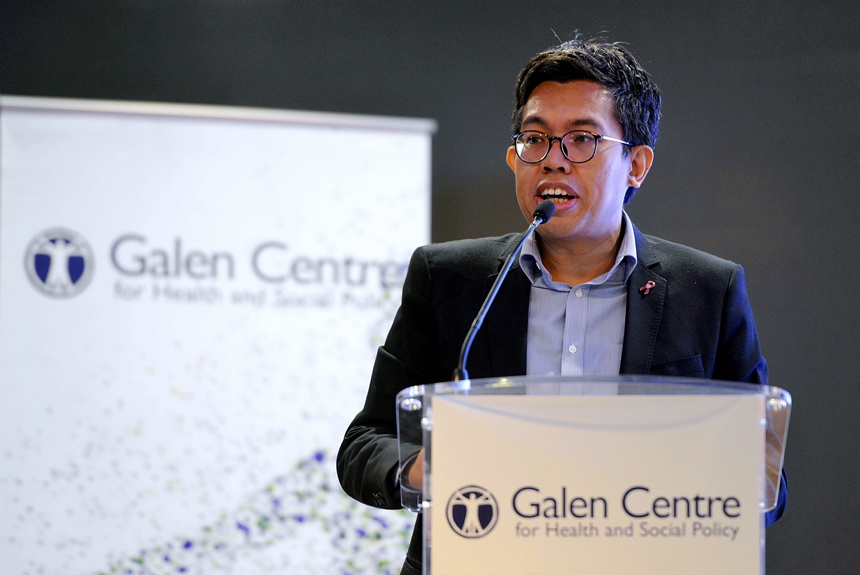KUALA LUMPUR, Jan 3 — The increase of new cancer cases in Malaysia shows that the government’s previous cancer control strategy was inadequate, said a health think tank.
The Galen Centre for Health and Social Policy said the Malaysia National Cancer Registry Report (MNCRR) 2012-2016 showed that efforts were “generally insufficient” to ensure early detection of the disease, provide timely diagnosis, and successfully ensure good linkage with treatment.
“Perhaps the situation has improved since then,” said Galen Centre chief executive Azrul Mohd Khalib in a statement today. “(But) we need better and more current data to reflect the sense of urgency.
“Future registry reports should be released earlier to ensure that cancer policies are guided by updated data, lessons learnt and evidence of failures and achievements,” he added.
Malaysia recorded an 11.3 per cent increase in new cancer cases from 103,507 in 2007-2011 to 115,238 in the 2012-2016 period, according to the MNCRR 2012-2016 report.
Azrul noted that more people continue to be diagnosed late with cancer, despite significant efforts over the past two decades by both government and NGOs, citing the report’s finding that increased cancer cases are being detected at the third and fourth stages, from 58.7 per cent from 2007 to 2011, to 63.7 per cent in 2012 to 2016.
The 2012 to 2016 period also saw breast, colorectal, and cervical cancers as the top three cancers among women, while for men, it was colorectal, lung, and prostate cancers.
“The release of this report gives us an opportunity to take stock, review and evaluate the successes and failures from implementation of this plan,” said Azrul. “We should know what investments worked, those that didn’t and respond to gaps in resources.
“We recommend that the Ministry of Health introduce a consultative process for development of the next strategic plan that is bottom-up and involves not only health care care providers, but also patients and caregivers,” he said, adding that the National Strategic Plan for Cancer Control Programme (NSPCCP) 2016-2020 ends this year.
Azrul also spoke of government initiatives and policies that are needed based on findings of the MNCRR 2012-2016, including the finding of lung cancer being the second highest cancer among Malaysian men, which he said justifies and validates the government’s ongoing smoking ban at public places.
“A bright spark in the report is the significant drop in cervical cancer cases from eight to six cases for every 100,000 females,” Azrul added. “Was (it) due to the investments made in the national HPV (human papillomavirus) immunisation programme? The widespread availability and uptake of the HPV vaccine?
“We need to learn from that success and better understand what interventions worked and what didn’t,” he said.
“We need to be better at monitoring and evaluating the effectiveness of cancer policies in order for the findings to be relevant and for timely interventions to be introduced to respond to current needs and challenges.”








